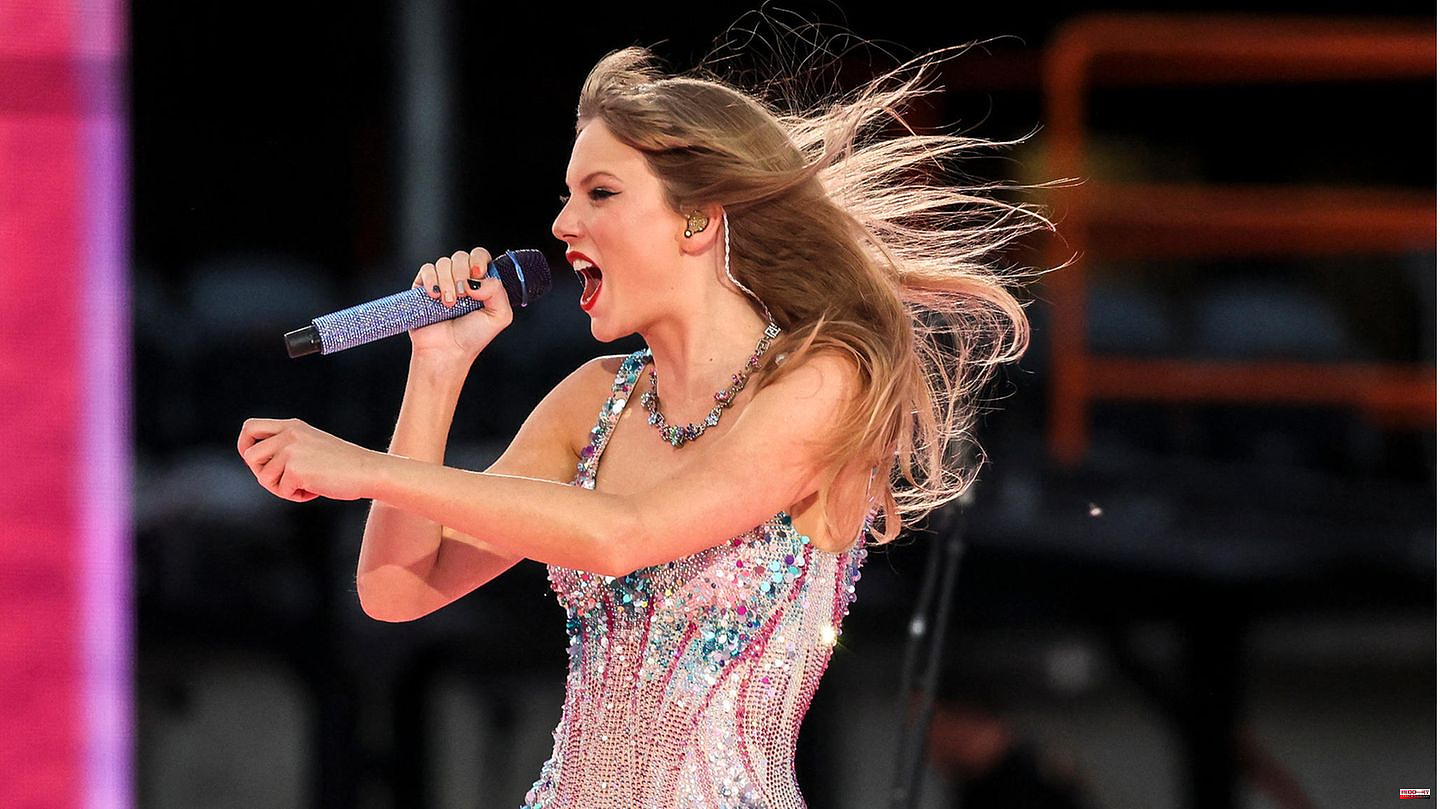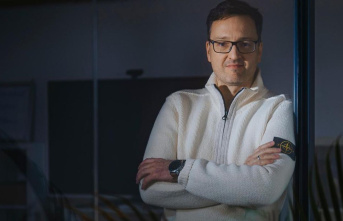In the current summer semester, several European universities have drawn attention to themselves with seminar titles that take some getting used to. The Belgian University of Ghent announced two weeks ago that in the coming semester the song lyrics of the singer Taylor Swift will be compared with classical English literature in the course "Literature: Taylor's Version". Course director Elly McCausland told the Guardian that she had never received so many requests for her course. Even from outside the university, numerous interested Swifties have contacted her.
Curiously, McCausland's seminar isn't even the first university event dedicated to Swift's writing. The University of Texas at Austin also analyzes the pop star's songs before comparing their work with literary greats such as Shakespeare or George Eliot. In the short description of the course, Professor Elizabeth Scala emphasizes how important classical literature can be for current pop music. Her goal is to introduce the students to the classics in an environment they are familiar with.
The trend of pop culture influences in university teaching has long since arrived in Germany. Since summer semester 2020, master's students of history, European history and global history have been able to enroll in the course "Through the 20th Century with Harry Potter" at Humboldt University in Berlin.
In the seminar various parallels of the novels by J.K. Rowling and the rise of the Nazis in Europe. According to the course description, hardly anything would happen in the famous book series that would not have an equivalent in the history of the past century.
In fact, there are several possible interpretations at first glance: The Death Eaters' derogatory treatment of Muggles and so-called mudbloods, i.e. people who either do not have magical powers or whose parents are not wizards, clearly shows racist and anti-Semitic traits. Harry Potter's fight against a terrorist group based on these fascist basic structures and their totalitarian leader Voldemort also fits into the picture. But are these scientific analyzes really more than a trivial pandering to the zeitgeist?
The philosopher Martin Böhnert and the linguist Paul Reszke from the University of Kassel are convinced of this. Together they published the anthology "From Binge Watching to Binge Thinking". Reszke sees several advantages in bringing together contemporary everyday culture and scientific theories and methods. "Due to their presence in the mass media, pop culture stories are known to a very wide audience," explains the German professor in an interview with Stern. "It shows that there is a lot of interest in discussing these narratives." There would have been a real rush to the seminars in Belgium or Berlin.
Reszke goes on to say that the resulting motivation to exchange ideas not only about the stories but also about similar problem areas would offer a good anchor point for university didactics. In the case of Harry Potter, these historical topics would be, for example, racism, anti-Semitism, totalitarian regimes, but also the relationship between humans and nature.
On the one hand, the pop-cultural content serves as a kind of thought experiment to test one's own scientific theory and methodological knowledge. For example, the different forms of government and society in the Harry Potter world are systematized. Concepts such as adultism or sexism could be discussed along the same lines using the texts of Taylor Swift, who playfully and critically reflects on such topics.
According to Reszke, students can also take a "scientifically reflective perspective". This means that the existing theories are applied to specific narratives or song lyrics. For Reszkes co-author and philosophy professor Martin Böhnert, the possibilities are far from exhausted.
"How do we need to recalibrate categories like race, class and gender in light of post-apocalyptic narratives like 'The Last of Us'? What impact would the presence of superpowers in the Marvel franchise have on democratic forms of government?" Many films, video games or musical works would be suitable for interesting subjects in the coming semesters.
However, the pop culture narratives should not be an end in themselves. Then the discussions threaten to drift into pure fan talk. While it is amusing, it usually has no scientific content.












